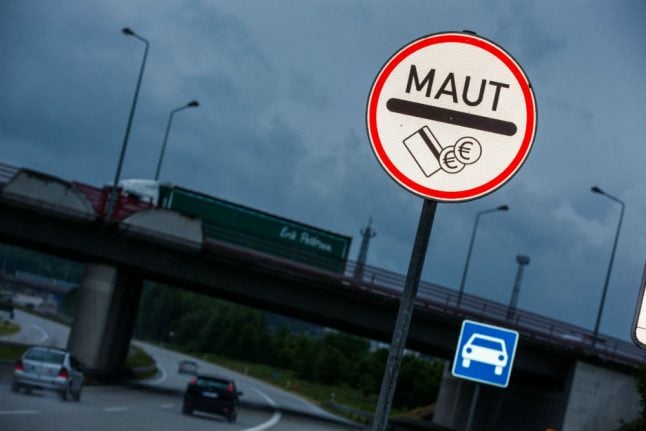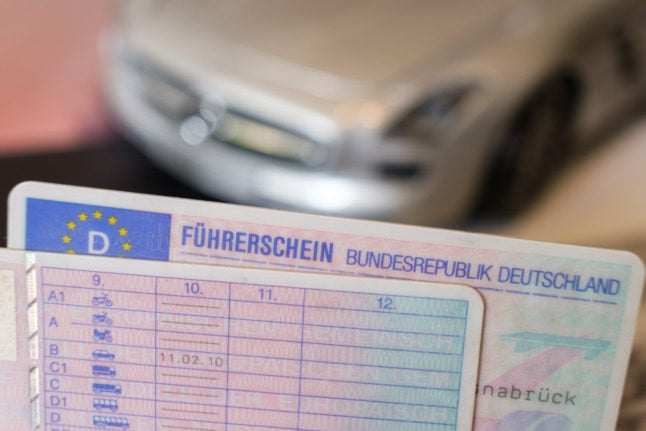The planned introduction of the toll would be discriminatory, Austrian Transport Minister Jörg Leichtfried said in Vienna on Thursday.
“Germans won't pay because they are German. Austrians will pay because they are Austrian. We're not going to stand for that,” Leichtfried said in a statement.
There is a good chance of success in court, according to legal officials commissioned by the Austrian government.
When Germany’s upper house of parliament (Bundesrat) in March approved a controversial law imposing tolls on the country’s famous autobahns (motorways), Austria immediately objected, saying it discriminates against foreign drivers and announcing it would file a legal challenge.
Austria – a country where it is estimated that 1.8 million commuters would be affected by Germany's autobahn tolls – is now taking legal action against its larger neighbour.
Whereas residents in Germany will have to pay a yearly toll through their bank accounts, unlike foreign drivers German-registered drivers will essentially be refunded thanks to a matching reduction on their motor vehicle tax bill. Those with particularly eco-friendly vehicles will get the biggest discount, that would essentially make up for the amount they pay for the toll.
The price for an annual autobahn pass will be capped at 130 euros for German and foreign cars. Those coming from outside Germany also have two other short-term options: a ten-day toll of between €2.50 and €25, depending on the size and eco-friendliness of the car, or a two-month toll of between €7 and €50, also measured with the same criteria.
Though Austria is one of the toughest critics of the proposed toll, neighbouring countries such as Belgium, Denmark and the Netherlands have objected as well, previously stating that they, too, would consider taking Germany to the European Court of Justice.
Leichtfried had repeatedly emphasized that in the end, only foreigners would have to pay these tolls and that this was not compatible with the basic values of the EU.
In March Green party politician Winfried Kretschmann told the German Bundesrat that the toll was “not a good sign for Europe”, calling it a “foreigner toll” that would inflict “great political damage.”
The Bundestag (German parliament) had already passed a law in 2015 to establish the toll. But Germany was unable to implement it because the European Commission fought back, saying it violated EU policies by discriminating against non-German drivers from other member states.
Then after negotiations in November last year, Berlin was given the green light and the Bundestag was able to pass certain changes to the measure for the toll to go into effect in 2019. The laws have not yet been implemented and could still be delayed by the Bundesrat.
Germany is one of the only EU countries that has thus far not been charging for the use of its motorway system.
Anyone driving on Austrian motorways, including Austrians, has to buy a vignette toll sticker valid for a certain time period.
READ ALSO: What the new 'foreigner toll' on the Autobahn will mean for you



 Please whitelist us to continue reading.
Please whitelist us to continue reading.